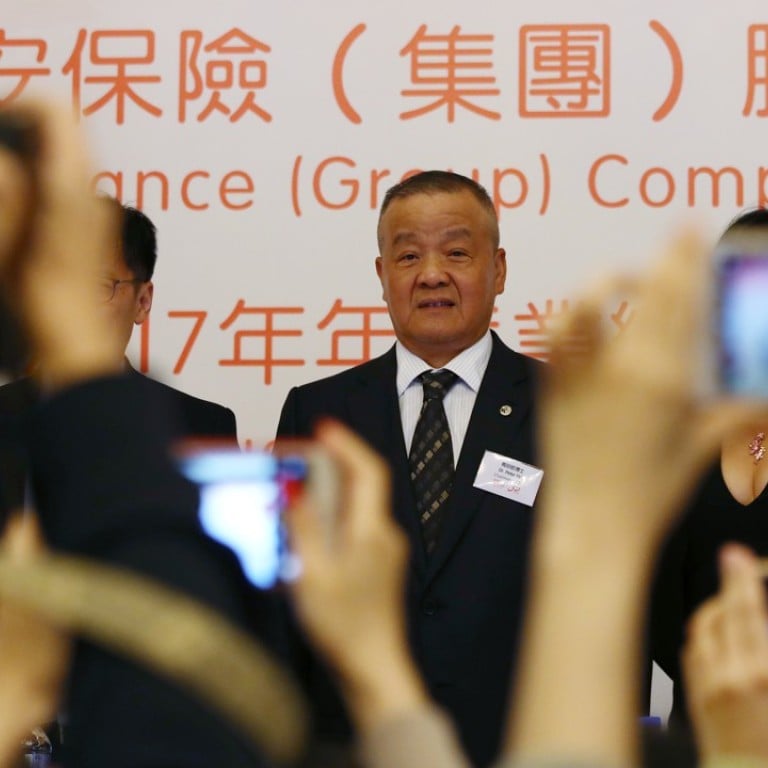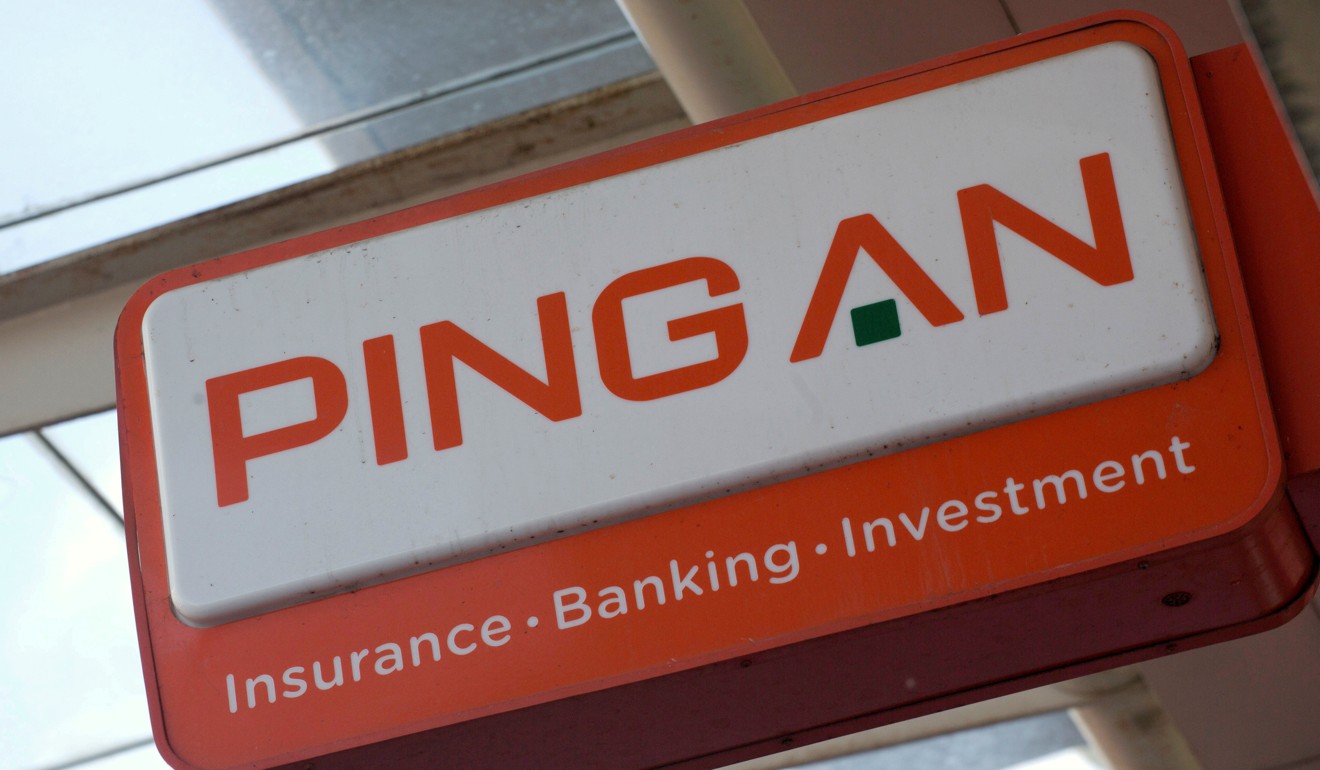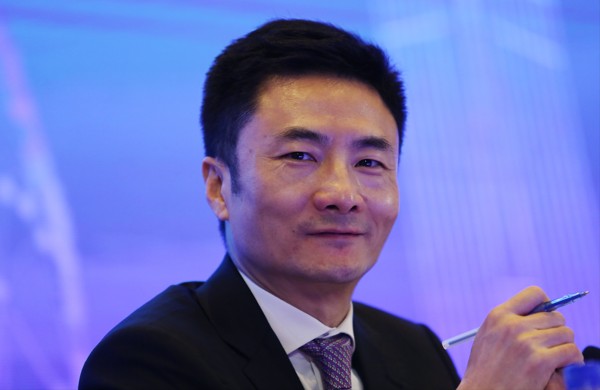
Ping An to spin off and float ‘unicorns’ worth some US$82 billion
China’s second largest life insurer doubles dividend as profit soars 43pc
Ping An Insurance (Group), China’s second largest life insurer, is expected to spin off and float four “unicorns” it has created.
The term refers to start-up companies with a valuation of over US$1 billion.
Reporting a better-than-expected 43 per cent rise in net annual profit to 89.09 billion yuan (US$14.075 billion) and a doubling in its shareholder dividend to 1.5 yuan (US cents 23.7), no set timetable was given for the listings.
But Alex Ren Huichuan, its president, said the firm will continue to invest in creating new online financial and health care platforms.
“We will study all [types of] innovative services and products for our customers,” he added, “and review market situations to decide on the final listing plans.”
At the same stage last year the company delivered a 15 per cent rise in net profit to 62.40 billion yuan for 2016, on sales of more policies and a one-off gain from restructuring.
Founded by chairman Peter Ma Mingzhe exactly 30 years ago, Ping An has invested heavily in recent years in such start-ups.
Of the four, Ping An Good Doctor is expected to be sold first. It has already filed to list in Hong Kong, and is expected to be valued at US$5.4 billion.
It should be followed by Lufax, which runs the mainland’s biggest peer-to-peer lender and a growing wealth management platform, by the end of the year.

Lufax’s valuation has exploded to an estimated US$60 billion, according to some brokers – although nobody at the parent company could confirm this – after becoming profitable for the first time last year.
Its assets under management rose 5.3 per cent in the year under review to 461.7 billion yuan while its loans under management almost doubled during 2017, to 288.43 billion yuan.
The two other planned listings, Ping An Healthcare Technology and online finance site OneConnect, are valued at roughly US$8.8 billion and US$7.4 billion, respectively.
The technology operation has more than 6,500 staff and has been considered one of Ping An’s main growth engines. It’s main raison d’être has been ensuring all its subsidiaries become self-sufficient in terms of technology.
Since 2015, the tech offshoot’s artificial intelligence laboratory initiatives have led to the launch of dozens of projects involving facial recognition across the group. These cover credit approval, internet account registration, credit card batch comparison, banking business identity verification, account log in, insurance and underwriting.
“These unicorns are attractive,” said Louis Tse Ming-kwong, managing director of VC Asset Management.
“Their potential spin offs will benefit Ping An’s share price, but investors should also be beware the share price (which doubled last year) has already risen ahead of expectation.”

Peter Ma would not speculate on the affect on the share price, insisting only “it would be determined by the industry, management quality and price to earning ratio”.
“The China insurance industry has the greatest potential in the world,” he added.
Ma also said he supported the recent plan announced by Beijing to merge the country’s banking and insurance watchdogs to bring more order to a what is a fragmented regulatory system, and to heed Chinese President Xi Jinping’s calls to reduce financial risk.
“This is the best and the most accurate decision to make,” Ma said. “China has had different regulators for different [strands of the] financial industry over the past two decades.
“They have developed a lot of cross-industry activities, and the regulatory regime should be changed accordingly.”
Jason Bo Yao, Ping An’s chief financial officer, said the dividend payout ratio was 31 per cent, and the company will maintain what he described as a “stable dividend policy” in future, based on the company’s “good resources and revenue”.

